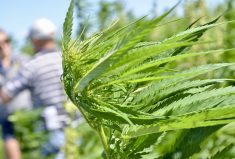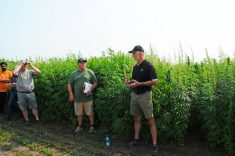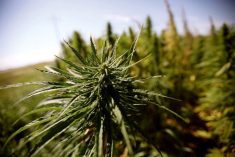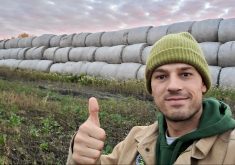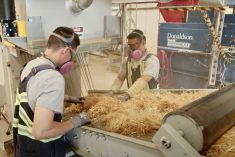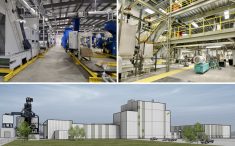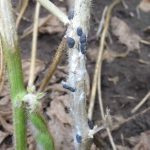As hemp production jumps across the Prairies, more first-time producers are being drawn to the crop, prompting an Alberta college to offer a course in how to grow it.
NorQuest College offers two courses, one on hemp production and another on processing and products. The Edmonton community college aims to equip continuing education students with the skills to produce the crop and work in the associated industries, said program developer Andrea Eriksson.
Read Also
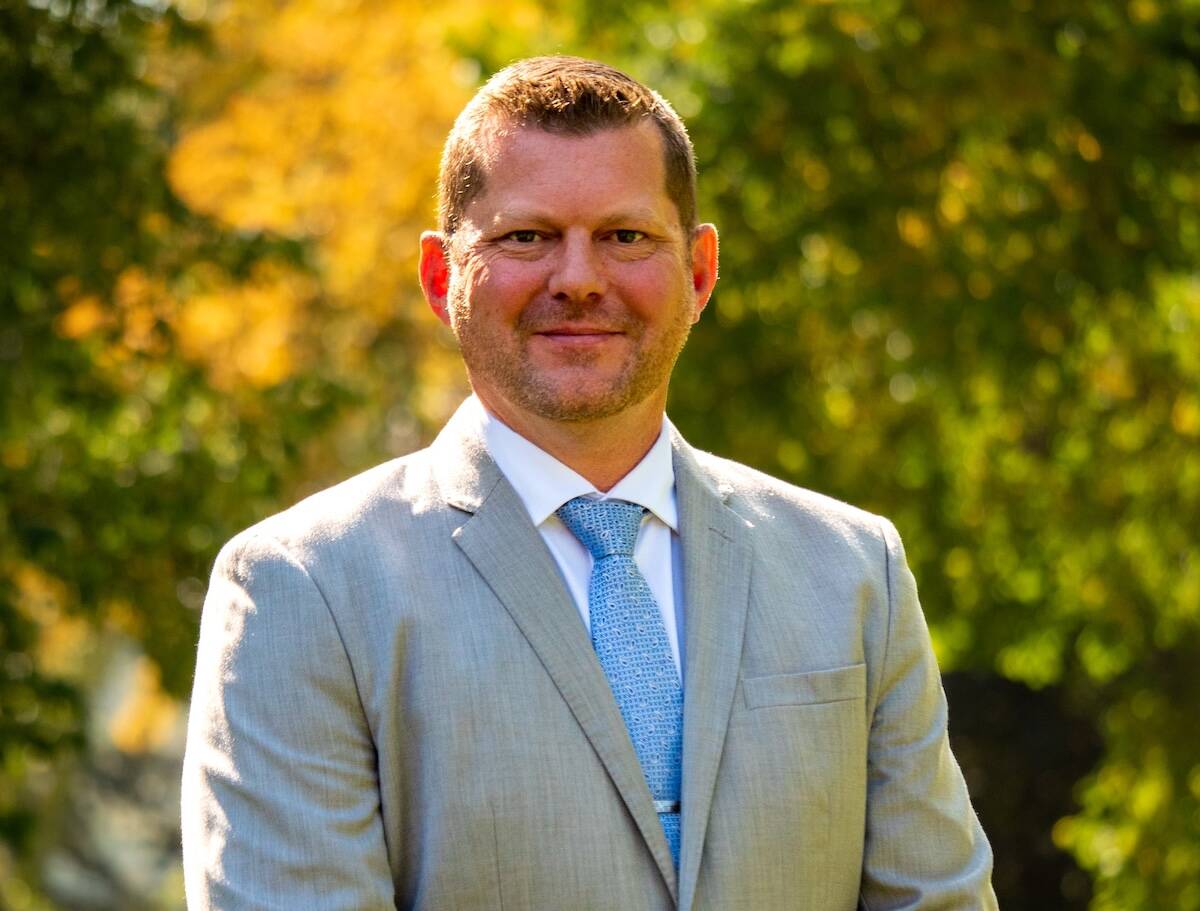
Highwood MLA RJ Sigurdson survives recall attempt
Ag Minister RJ Sigurdson survives recall attempt in Highwood after the constituent-led petition fails to meet signature threshold.
College officials began by consulting with established growers who are already producing the crop in Western Canada because they’ve already got a handle on how the fast-growing, tough-strawed crop fits into a farm’s operations, she said.
“It’s a bit of a different crop than growers are used to,” she said.
The curriculum stresses that farmers need to have a clear plan before growing the crop. Plans for end use, proximity to a processing plant and soil type are only some of the factors to keep in mind.
Another important factor is the processors, that each have a unique market and therefore unique requirements for growers.
“Farmers are having to negotiate with a lot of these end businesses that are selling to the consumers, and each of these different customers has different specifications,” Eriksson said.
That can mean different seeding rates, harvest timing, fertilizer recommendations and what crop protection products are acceptable.
Another important factor that will inform many of the production decisions is where the growers intend to market the crop, and that includes which varieties to seed.
“If you’re looking for a seed application, you’d want… cultivars that are lower to the ground and maximizing the number of leaves and flowering heads that are produced,” Eriksson said.
“Whereas in a textile application your seeding density will be slightly higher, you’d want more biomass created with more crowding so that the stalks grow taller.”
Acreage increasing
While final numbers aren’t yet available, all signs point to rapid growth in hemp production this season. This spring StatsCan said it expected to see acreage double from 41,200 acres in 2018 to 82,500 acres in 2019.
The Calgary Herald recently reported the Canadian Hemp Trade Association was expecting grower licences to double, mostly through new growers.
That’s partly due to the lessening of the regulatory burden due to the legalization of the related plant cannabis, reducing the need for government oversight of hemp production.
Until the rules were revamped in conjunction with cannabis legalization, hemp growers were required to undergo criminal record checks and couldn’t harvest any part of the plant except seed or stems. While hemp contains only trace amounts of the psychoactive ingredient THC, it does contain CBD, a non-intoxicating compound that’s been tipped for medical and health benefits.
“A lot of farmers are finding the opportunity for dual-purpose crops,” Eriksson said. “In the past there was only the ability to farm for grain, but now we’re seeing farmers doing dual crops like grain plus cannabidiol extraction. So we’re seeing combinations like that, and we’re also seeing farmers grow cannabidiol and fibre crops.”
An estimated 10,000 products can be made using the hemp plant, with more on the way as processing is expected to become easier.
To promote the courses offered from NorQuest College and help people understand more about the Canadian hemp industry, Eriksson has been giving public presentations around the country at various trade and farm shows.
Key points in her presentations are showing the many misconceptions about growing hemp and highlighting the differences between industrial hemp and medicinal or recreational cannabis. She also addresses THC content, one of the main differences. She noted how industrial hemp has a THC content of less than 0.3 per cent, in accordance with Canada’s Industrial Hemp Regulations established in 1998.
“There has always been this association between hemp and hippies but that’s totally not the case,” she said, describing most of the farmers she’s met as innovative.
“They’re industry leaders and many of them are interested in this crop because they realize they can make multiple revenue streams from it.”
This article was originally published at the Manitoba Co-operator.



